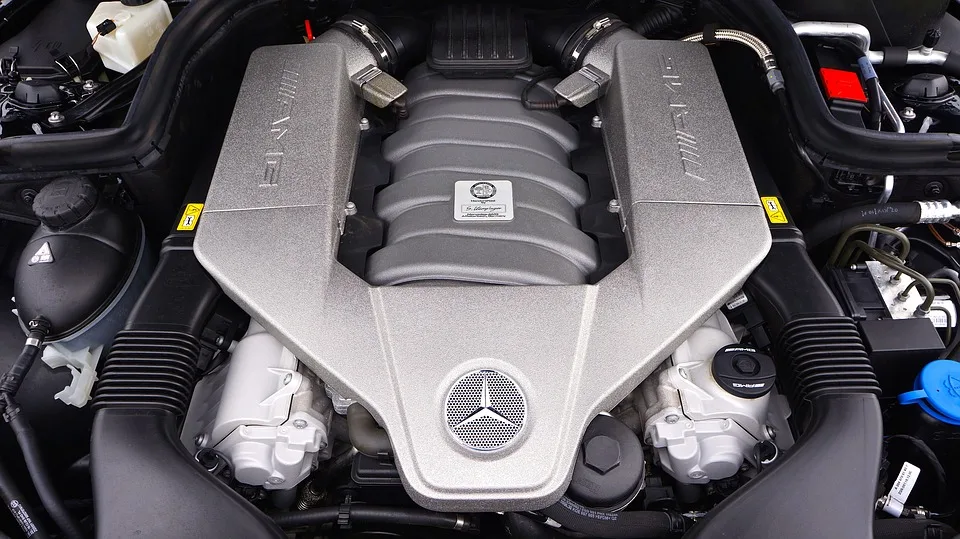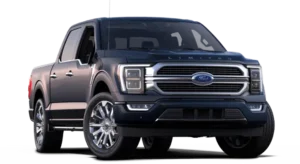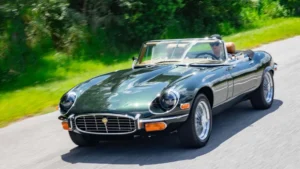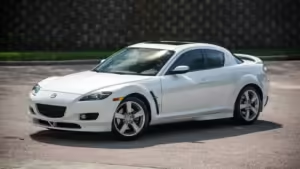Engines are the heart of any vehicle, and their design plays a crucial role in performance, maintenance, and longevity. One important aspect of engine design is whether the engine is an interference or non-interference type.
In this comprehensive guide, we will explore non-interference engines, their benefits, and list some cars that feature these types of engines. By understanding the advantages of non-interference engines, you can make a more informed decision when purchasing your next vehicle.
What is a Non-Interference Engine?
A non-interference engine is designed so that the pistons and valves do not occupy the same space within the combustion chamber. In simpler terms, if the timing belt or chain fails, the pistons and valves will not collide with each other. This design reduces the risk of severe engine damage in the event of a timing belt or chain failure.
Key Characteristics:
- No Collision Risk: In the event of a timing belt or chain failure, the pistons and valves do not interfere with each other.
- Lower Repair Costs: Because there’s no risk of pistons and valves colliding, repairs are typically less expensive compared to interference engines.
- Simpler Maintenance: Maintenance procedures can be less complex due to the reduced risk of catastrophic engine damage.
How Do They Work?
These engines are designed with a specific geometry that ensures the pistons and valves operate in separate spaces within the engine. This design is achieved by adjusting the stroke length of the pistons and the timing of the valve operation so that they never occupy the same space, even if the timing belt or chain were to fail.
Key Components:
- Pistons: Move up and down within the cylinder to create the necessary compression and power.
- Valves: Open and close to allow air and fuel into the combustion chamber and exhaust gasses out.
- Timing Belt/Chain: Synchronizes the rotation of the crankshaft and camshaft to ensure valves open and close at the correct times.
In this engine, the timing belt or chain failure does not result in the pistons hitting the valves because of the built-in clearance between these components.
Benefits
These engines offer several benefits that can make them an attractive option for vehicle owners:
- Reduced Risk of Severe Engine Damage: The primary advantage of non-interference engines is the reduced risk of severe engine damage if the timing belt or chain fails.
- Lower Repair Costs: Because the pistons and valves do not collide, repairs are generally less costly and less time-consuming.
- Peace of Mind: Vehicle owners can have greater peace of mind knowing that a timing belt or chain failure is less likely to result in catastrophic engine damage.
- Simpler Maintenance: Maintenance and repairs can be simpler and less expensive compared to interference engines.
Cars with Non-Interference Engines List
While non-interference engines are less common than interference engines, there are still several vehicles that feature this design. Here are some notable examples:
Honda
Honda, a Japanese multinational company, is known for its efficient performance vehicles. These models have non-interference engines:
- 3.0L & 3.2L Non-Interference
- Honda Accord V6
- Honda Avancier
Toyota
Toyota, the largest automobile manufacturer globally, offers several models with non-interference engines:
- 1.5L (3E-E) Non-Interference
- 1.5L (5E-FE) Non-Interference
- 1.6L DOHC (4A-F & 4A-FE) Non-Interference
- 1.6L DOHC (4A-GE & 4A-GZE) Non-Interference
- 1.6L SOHC Non-Interference
- 1.8L 7AFE, 4AFE, 4AF – Non-Interference
- 2.0L Non-Interference
- 2.2L Gasoline Non-Interference
- 2.5L Non-Interference
- 2.8L Non-Interference
- 3.0L Inline 6 (Excluding 2JZ-GE) Non-Interference
- 3.0L V6 Non-Interference
- 3.4L Non-Interference
- 3.5L V6 Non-Interference
Mazda
This Japanese brand has a variety of cars equipped with chain-driven engines, ensuring fewer problems with timing belts. But Mazda isn’t the only brand offering these reliable engines. Toyota, Honda, and Subaru also have many models with non-interference engines, giving drivers plenty of choices if they want to avoid the hassle of timing belt issues.
- 1.5L Non-Interference
- 1.6L Non-Interference
- 1.8L 4 Cylinder Non-Interference
- 1.8L V6 Non-Interference
- 2.0L DOHC (626, MX-6, Protege) Non-Interference
- 2.0L DOHC (Tribute) Non-Interference
- 2.0L SOHC Non-Interference
- 2.3L 4 Cylinder (B2300) Non-Interference
- 2.3L V6 Non-Interference
- 2.5L 4 Cylinder (B2500) Non-Interference
- 2.5L V6 Non-Interference
Subaru
Subaru, part of the Japanese Subaru Corporation, is known for reliable and affordable vehicles. These models have non-interference engines:
- 1.8L EJ18 & 2.2L EJ22 Non-Interference (1990-1996)
- SOHC Non-Interference
Ford
Ford Motor Company is famous for making high-performance vehicles, including pickup trucks and sports cars. Here are some models with non-interference engines:
- 1.3L Non-Interference
- 1.6L DOHC Non-Interference
- 2.0L DOHC (Focus, Mystique, ZX2 & 1999-2002 Cougar) Non-Interference
- 2.0L SOHC Gasoline (Escort, Focus & Tracer) Non-Interference
- 2.0L SOHC Gasoline (Capri, Pinto & Ranger) Non-Interference
- 2.3L SOHC Gasoline Non-Interference
- 2.4L 4-cylinder Non-Interference
- 3.0L & 3.2L SHO Non-Interference
KIA Motors
KIA, a subsidiary of Hyundai, is a leading South Korean automaker. Here are KIA cars with non-interference engines:
- 1.6L & 2.0L SOHC Non-Interference
- KIA Sportage & Spectra
Suzuki
Suzuki is known for its high-performance cars, motorcycles, and various engine types. These are some non-interference engine models:
- 1992 Kick JX 4×4 4-door Non-Interference
- 1.6L 8 Valve Engine Non-Interference
- 2.0L Non-Interference
Lexus
Lexus, the luxury vehicle division of Toyota, provides the following models with non-interference engines:
- 2.5L Non-Interference
- 3.0L & 3.3L V6 Non-Interference
- 3.0L Inline 6 Non-Interference
Jeep
Jeep, an American automaker under Stellantis, is renowned for its robust engines. Here’s a non-interference engine model:
- 2.0L Non-Interference
- GM Non-Interference
Acura
Acura, a luxury brand by Honda, offers high-end cars with non-interference engines. Some models include:
- SLX Non-Interference
- Acura 3.0CL Non-Interference
Volkswagen
Volkswagen, a leading German automaker, offers these models with non-interference engines:
- TDI 1.8L – 8 Valve Non-Interference
- 2.0L – 8 Valve Non-Interference
Comparison with Interference Engines
Reliability
- Non-Interference Engines: Offer greater reliability due to the lack of collision risk between pistons and valves.
- Interference Engines: Require more frequent maintenance to ensure the timing belt or chain does not fail, reducing the risk of catastrophic damage.
Cost of Ownership
- Non-Interference Engines: Typically have lower repair costs and simpler maintenance, making them more cost-effective in the long run.
- Interference Engines: Higher repair costs and more complex maintenance can increase the overall cost of ownership.
Performance
- Non-Interference Engines: While reliable, they may not always offer the same performance characteristics as interference engines, which can be designed for higher efficiency and power.
- Interference Engines: Often provide better performance and efficiency due to their design, but at the cost of increased maintenance and repair risks.
Choosing a car with a non-interference engine can provide peace of mind, lower repair costs, and simpler maintenance. While they may not always offer the same level of performance as interference engines, the trade-off in reliability and cost-effectiveness can be well worth it. Brands like Honda, Toyota, Mazda, Subaru, Ford, and Mitsubishi offer several models with non-interference engines, providing a range of options for buyers.
When considering a vehicle, it’s important to weigh the benefits of these engines against your needs and preferences. Whether you prioritize reliability and lower maintenance costs or performance and efficiency, understanding the differences between these engine types will help you make an informed decision.





